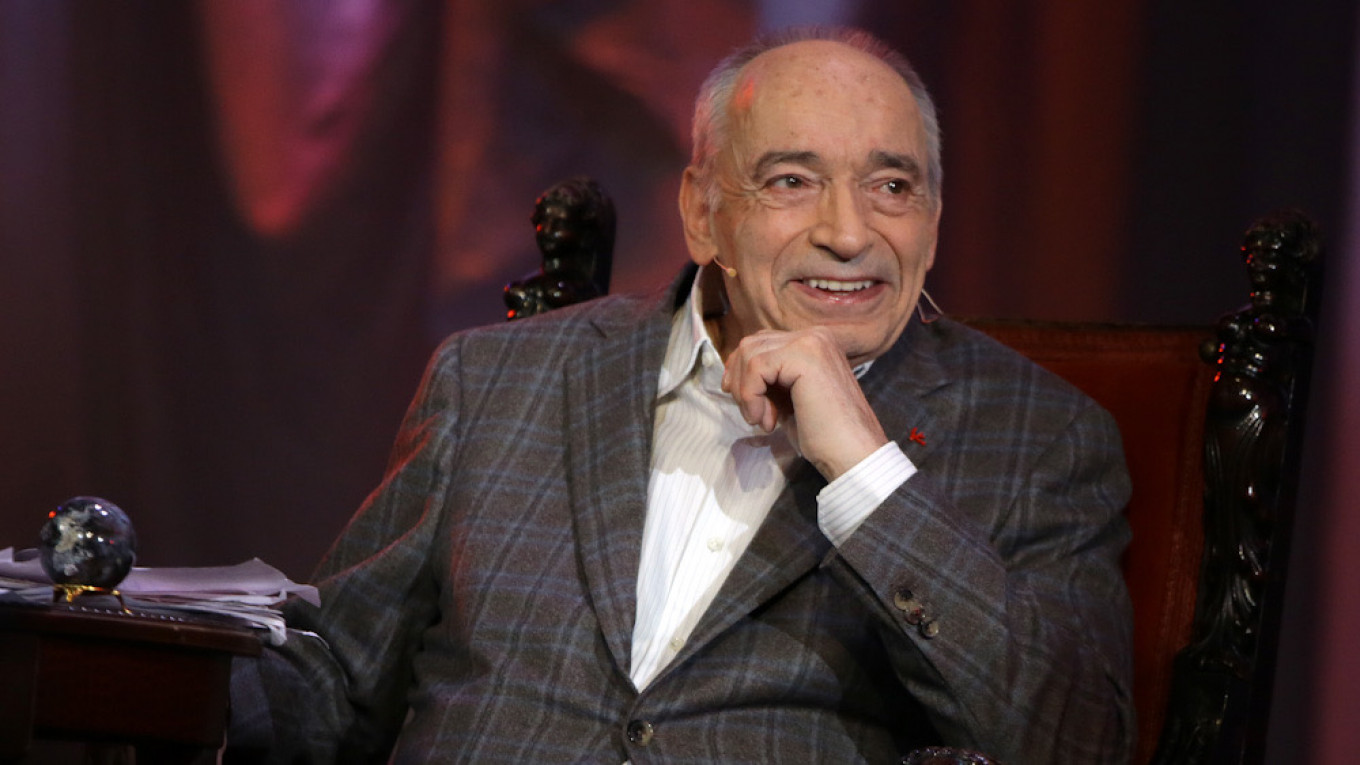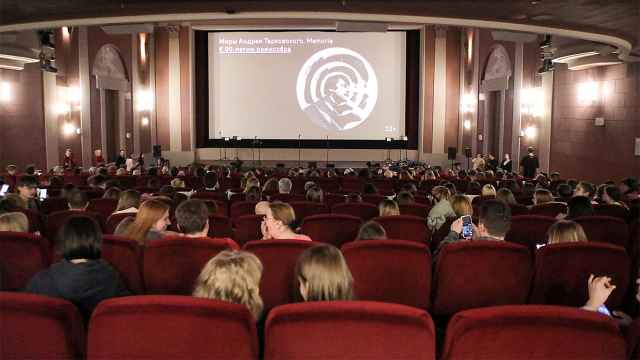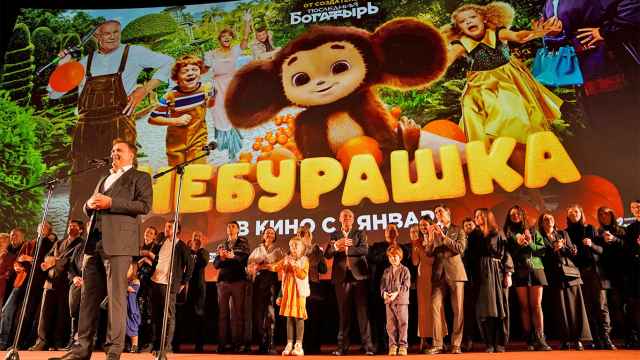Popular Soviet and Russian actor Valentin Gaft died on Saturday at the age of 85 after suffering a long illness. His wife, actress Olga Ostroumova, told Russian media that Gaft had suffered a serious stroke in 2019 and had been in a medical center for long-term care and rehabilitation.
Valentin Gaft was born in 1935 in Moscow. Even in his school years he was interested in theater and played small roles at a local theater.
He graduated from the Moscow Art Theater School in 1957. During his long and productive career, he worked at the Mossovet Theater, the Moscow Drama Theater (now the Malaya Bronnaya Theater) and Lenkom Theater. In 1969, he started to work at the Sovremennik Theater and remained here as one of the most renowned and beloved actors until 2019.
Gaft made his cinema debut in 1956 in the film “Murder on Dante Street.”
Gaft was famous for such iconic Soviet-era movies as ”Centaurs” (1979); "The Sorceress" (1982); “Through Main Street with an Orchestra” (1986); "Put In a Word for the Poor Hussar" (1987); "Promised Heaven" (1991); and many other Soviet-era and post-Soviet films.
But the role that catapulted him to fame across the Soviet Union was Chairman Sidorkin in the iconic Eldar Ryazanov comedy “Garage” (1980).
Outside film and theater, Valentin Gaft was a strong advocate for animal rights and was one of the prominent Russian cultural figures who spoke out against changing the tune of the national Russian anthem to the Soviet-era melody.
Gaft was awarded many Soviet and Russian state awards. In 1984, he received the award of the People’s Artist of the RSFSR.
He will be buried at the Troekurovskoe cemetery in Moscow.
A Message from The Moscow Times:
Dear readers,
We are facing unprecedented challenges. Russia's Prosecutor General's Office has designated The Moscow Times as an "undesirable" organization, criminalizing our work and putting our staff at risk of prosecution. This follows our earlier unjust labeling as a "foreign agent."
These actions are direct attempts to silence independent journalism in Russia. The authorities claim our work "discredits the decisions of the Russian leadership." We see things differently: we strive to provide accurate, unbiased reporting on Russia.
We, the journalists of The Moscow Times, refuse to be silenced. But to continue our work, we need your help.
Your support, no matter how small, makes a world of difference. If you can, please support us monthly starting from just $2. It's quick to set up, and every contribution makes a significant impact.
By supporting The Moscow Times, you're defending open, independent journalism in the face of repression. Thank you for standing with us.
Remind me later.






